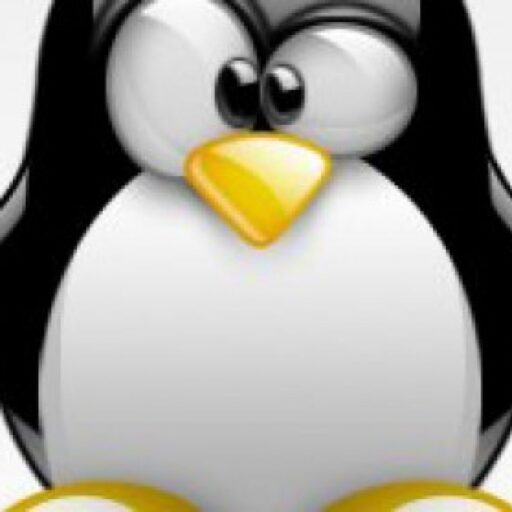LinuxCon – The New Annual Technical Conference for All Matters Linux
LinuxCon is a new annual technical conference that will provide an unmatched collaboration and education space for all matters Linux. LinuxCon will bring together the best and brightest that the Linux community has to offer, including core developers, administrators, end users, community managers and industry experts.
In being the conference for “all matters Linux”, LinuxCon will be informative and educational for a wide range of attendees. We will not only bring together all of the best technical talent but the decision makers and industry experts who are involved in the Linux community.
Speakers Include: Linus Torvalds, Mark Shuttleworth – Founder of Ubuntu, Bob Sutor – VP of Open Source & Linux at IBM, Noah Broadwater – VP of Information Services at Sesame Workshop, Imad Sousou – Director of the OSTC at Intel, Matt Asay of Alfresco, James Bottomley – Kernel Developer, and many more of the community’s top talent.

